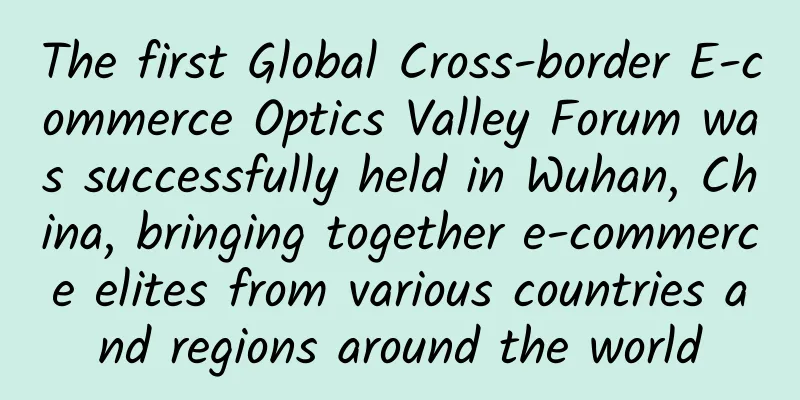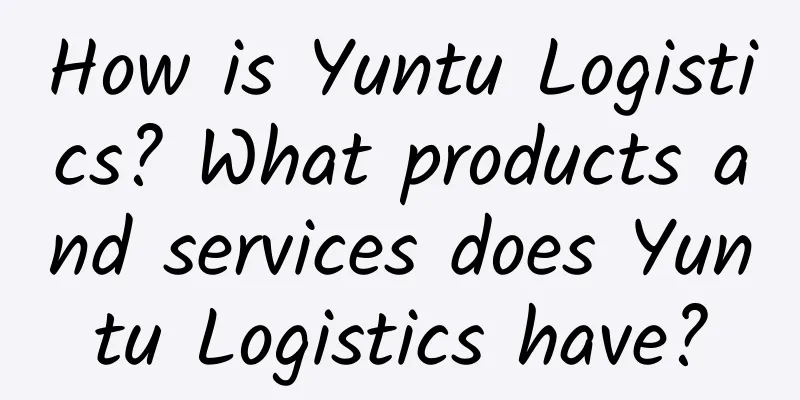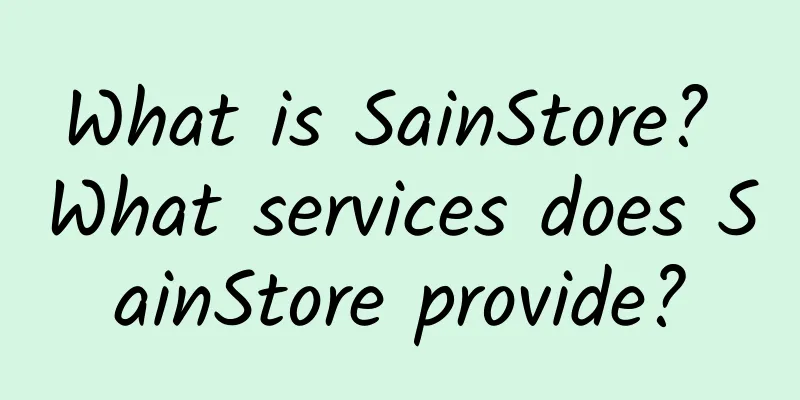The first Global Cross-border E-commerce Optics Valley Forum was successfully held in Wuhan, China, bringing together e-commerce elites from various countries and regions around the world

|
From November 11 to 12, 2017, the first Global Cross-border E-commerce Optics Valley Forum was successfully held at the East Lake International Conference Center in Wuhan, China. The "First Global Cross-border E-commerce Optics Valley Forum" co-sponsored by Wuhan Municipal People's Government and Hubei Provincial Department of Commerce, and co-organized by East Lake New Technology Development Zone and Chuanshen Company, officially opened on the shore of East Lake in Wuhan. E-commerce elites from various countries and regions around the world gathered together to share cross-border e-commerce practical experience and discuss the development of cross-border e-commerce. As the most internationalized cross-border e-commerce forum in China, participants include well-known e-commerce platforms in various regions of the world, representatives of various countries in China, representatives of outstanding Chinese companies, experts and scholars in the e-commerce industry, and representatives from many provinces, cities and business systems in China. It is understood that the international platforms participating in the conference include more than 60 people from more than 40 well-known e-commerce platforms and industry chain-related institutions around the world, covering more than 50 major trading countries, including the world's most influential cross-border e-commerce platform eBay, the world's most influential cross-border payment platform PayPal, the largest search engine in the Russian-speaking area Yandex, Russia's largest B2B platform TIU, the well-known payment platform in the Russian-speaking area PayU, the largest B2C in Latin America LINIO, the largest B2B SoloStocks in Western Europe, the largest vertical B2B iPROS in Japan, the largest B2B TRADEKEYE in India and Pakistan, etc.; representatives from various countries in China, including the U.S. Consul General in Wuhan, the U.S. Consul General in Guangzhou, the German Consul General in China, the Russian Commercial Office in China, the Korean Consul General in Wuhan, etc.; well-known Chinese companies, not only have outstanding representatives from all links in the cross-border e-commerce industry chain, but also have prestigious state-owned enterprises, successfully transformed private enterprises, and emerging network newcomers. E-commerce platforms from various countries gathered at the Optics Valley Forum to create a soft environment for cross-border e-commerce At the conference, four well-known e-commerce platforms from all over the world (TIU, the largest B2B platform in Russia, Mercantil, the largest B2B platform in Chile, ENGNET, the largest search and shopping guide platform in South Africa, and domeggook, the No. 1 B2B and B2C e-commerce platform in South Korea) took the lead in reaching a strategic cooperation agreement with China's national development zone, Donghu Development Zone, and Chuanshen, China's largest new language service provider. Donghu Comprehensive Bonded Zone and China International Electronic Commerce Center also signed a cooperation agreement, stating that they will work together to open up cross-border channels for China's e-commerce and create a soft environment for cross-border e-commerce. The forum was conducted in the form of keynote speeches and high-end dialogues, focusing on 11 key issues in various links of cross-border e-commerce, analyzing the future trends of cross-border e-commerce from a macro perspective, and exploring how Chinese sellers can successfully transform through cross-border e-commerce and how foreign e-commerce companies can welcome Chinese customers, guided by the cross-border e-commerce thinking of international large companies. The key links in the cross-border e-commerce service chain, such as language communication, logistics and payment, were also discussed in depth: the impact of language and culture in cross-border e-commerce was explained and feasible solutions were proposed; the key links that need to be solved in cross-border payment were analyzed; the trend of third-party "overseas warehouse" logistics services was outlined and the rapidly emerging overseas shopping development model was discussed. High-level dialogue between US and Russian experts to help China's cross-border e-commerce ACI, a well-known international financial institution, the U.S. Consulate General in Guangzhou, and the Russian Commercial Representative Office in China held a high-level dialogue on the topic of how countries around the world can welcome Chinese buyers and sellers. Mr. Manfred, President of ACI, said that cross-border e-commerce is the fastest growing industry in China, and the world is welcoming the wave of cross-border e-commerce! In 2014, cross-border B2C had a total sales volume of 1.5 trillion US dollars, and with cross-border B2B, the total amount will double. In 2014, major buyers around the world have invested more in cross-border e-commerce, and it is expected that there will be a long-term growth until 2017, and this trend will be more obvious in the Asia-Pacific region. Russia: China-Russia e-commerce has great potential, but lacks a certification process Many companies are eager to enter the Chinese market. Mr. Mantsaev Mergen, executive representative of the Russian Trade Representative Office in China, said that Russia has established two representative offices in China and hopes to promote economic exchanges between the two countries through the representative offices. He said that young Russians now also like to shop online, which has greatly promoted the rapid development of Russian e-commerce. At present, China exports a lot of technology-based products to Russia, and Russian resource-based products are also sold to China. Starting this year, some Shanghai companies have purchased very authentic Russian industrial products from Russia. These products are produced in various states in Russia, and they also hope to sell them to China. At present, Russia is also negotiating with China's Shanghai Free Trade Zone to enable better development of e-commerce on both sides! At this stage, there is still a lack of certification between Sino-Russian e-commerce transactions. Both parties need to gain trust in each other's products and services through this certification. United States: For the US market, it is recommended that sellers do a good job of localization Mr. Michael Middleton, Commercial Consul of the U.S. Consulate General in Guangzhou, said that the U.S. e-commerce market is a relatively complex market with room for development, and U.S. laws are very protective of consumers, so manufacturers need to clearly understand their products and ensure quality. When Chinese goods enter the U.S. market, Chinese merchants need to pay attention to whether the products they sell meet local market demand and can effectively guarantee product quality. Based on these two points, Chinese merchants must do a good job of localization, especially in terms of language issues, and build a good local website to form an international business card that can represent the corporate image. He said that products related to the Internet of Things are the most suitable products to bring to the United States, and American manufacturers are also learning how to sell the best American products to the country through appropriate market channels. They are doing in-depth research and analysis in this regard. According to statistics, this forum directly faces local governments of many provinces and cities in China, affects 2 million potential customers and 400 industry giants, and connects with nearly 1,000 representatives of high-quality Chinese companies on site, providing participating representatives with the opportunity to share the results of global e-commerce development, and building an exchange and cooperation platform for discussing the economy, collaborative development, and promoting trade, which will have a far-reaching impact on the promotion of global cross-border e-commerce. The above is the content of the Global Cross-border E-commerce Optics Valley Forum. If you want to know more about the Global Cross-border E-commerce Optics Valley Forum, please continue to follow us! |
<<: What is Yijia Technology? What products and services does Yijia Technology provide?
Recommend
How is Baimahui? What are the advantages of Baimahui?
How about Baimahui? Shenzhen Baimahui Consulting ...
What is COD business? What problems do sellers face under COD business?
What is COD business? COD is the abbreviation of ...
What is the difference between ISCC CORSIA and ISCC CORSIA PLUS? How can I apply for it faster?
First of all, we all know that ISCC CORSIA refers...
Unraveling the "mystery" of cross-border procurement
At the 2003 Cross-Border Procurement Fair (Shangh...
Pay attention to safety categories when purchasing infant clothing
Children's clothing, especially infant clothin...
Safeway factory inspection: wages and maternity leave for pregnant women
Many factories are not very clear about the wages...
What impact does eBay's return policy have on Chinese sellers? How do eBay sellers deal with it?
What impact does eBay's return policy have on...
How should enterprises deal with the new ISO 9001 standard?
1. Important changes in the standard ISO9001:2015 ...
How about Haofang Group? What businesses does Haofang Group have?
How about Haofang Group? Founded in 2006, Haofang...
What is Namecheap? Namecheap US Hosting Review
When it comes to Namecheap, the first thing that ...
What are the characteristics of Payoneer? What are the advantages of Payoneer's payment collection?
What are the characteristics of Payoneer? Efficie...
WCA factory inspection key points - checklist English version (Part 1)
WCA factory inspection checklist English version ...
What is a clean bill of lading? What is the issuance process of a clean bill of lading?
What is a Clean Bill of Lading? Clean bill of lad...
What is Dealmoon? What is the development history of Dealmoon?
What is Dealmoon ? Dealmoon is the largest biling...
What is Refundlabs? What are the advantages of Refundlabs?
What is Refundlabs? Suntech Network Technology (B...









